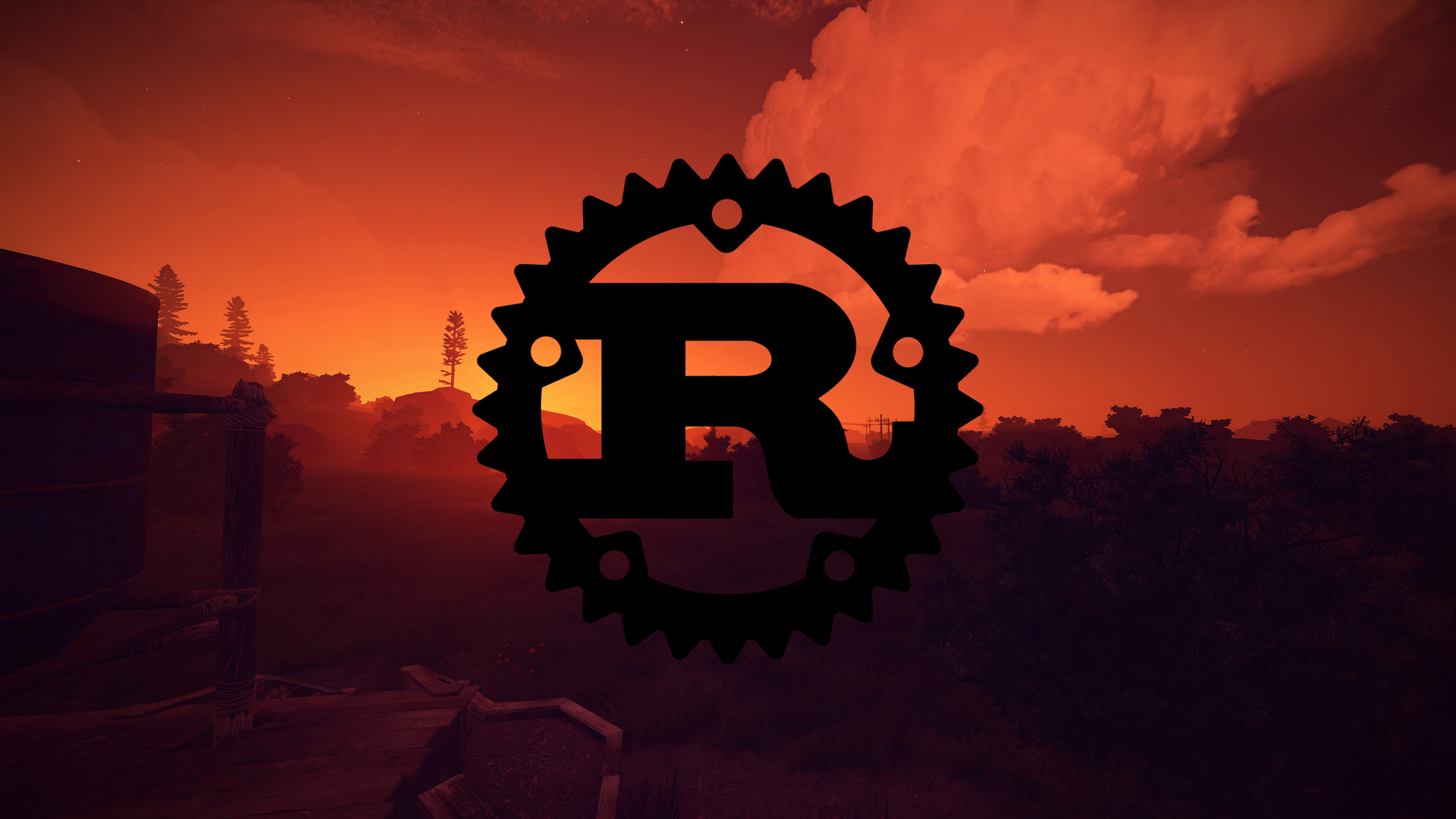My start in Rust Development

I first heard about Rust through a teammate in my company who had a very interesting story.
"I tried to port over a C++ program to Rust and I had such a crappy time. It was terrible, probably the worst experience I've ever had with learning a new language." - Experienced C# developer
Typically a story like that would steer a person away but I remembered hearing similar sentiments from my classmates during my college years when we had to code in SML and Haskell. I had a great time since I was able to learn from scratch a whole different way of solving problems. I definitely had a suspicion that my teammate could have avoided that trouble had he taken extra time to learn Rust from scratch. I took a mental note that if I was to ever get into Rust, that I would learn things the "Rust" way instead of trying to do things my way in Rust.
Two months later and very exciting development comes out, web assembly. This wonderful presentation by Lin Clark made me realize what was possible.
Rust really stuck out to me as a good language to use for web assembly. So I went through the entire rust book.

Found out some really great concepts that appealed to me and going from there. My favorite part about Rust is the foresight to not have Exceptions. Make everything a Result where a person has to handle the error or put a ? or unwrap() method to indicate that an error could happen there. That's another reason why I like Rust. You have the option to code without a lot of error handling but there will be a lot of annotations everywhere to at least give notice that possible errors can occur.
Next up, I will be taking the knowledge I learn from rust language book and go through all 57 programming exercises from this book and write about what I learned from here that was not explicit in the previous book.

